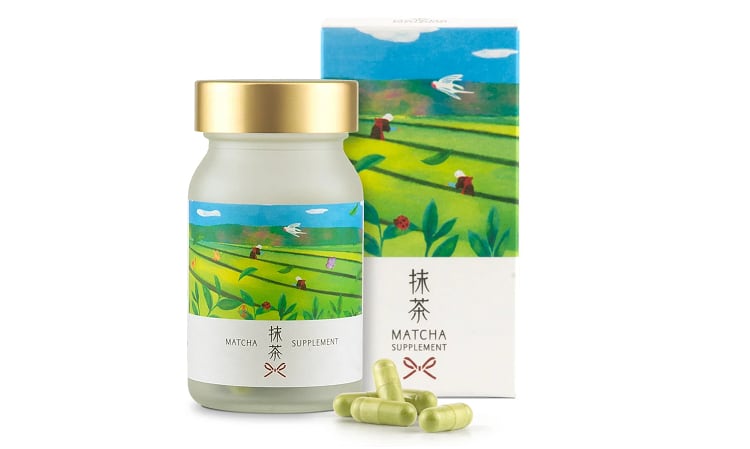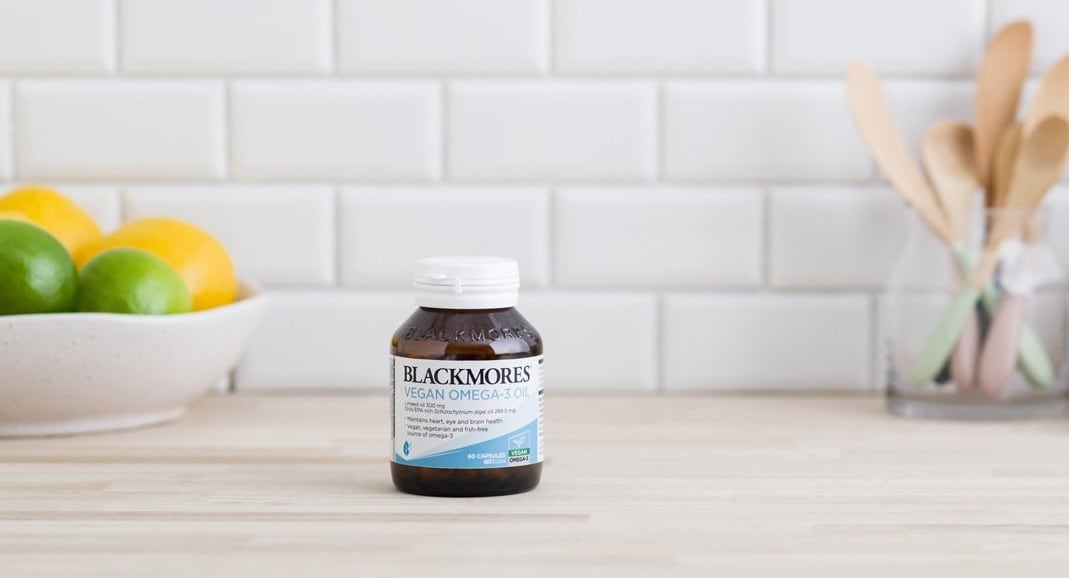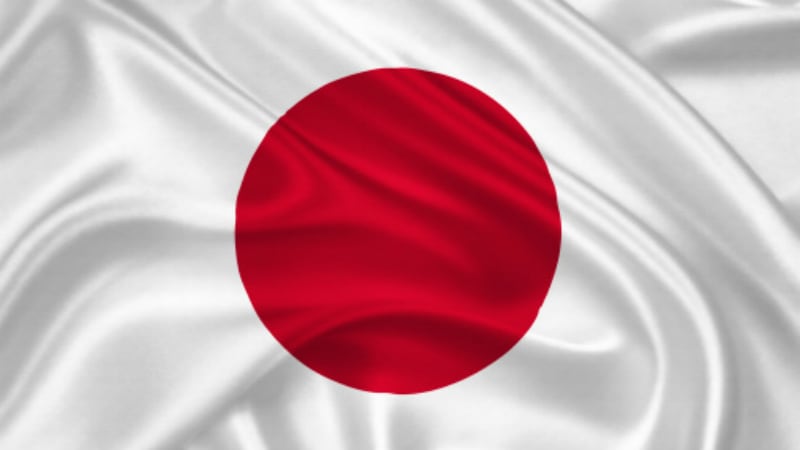The product, formulated by Vicella Laboratory Co. Ltd, was recently exhibited at Beauty World Japan Tokyo.
According to the firm, it is made from matcha sourced from Uji, Kyoto - a region known for producing the highest grade of matcha.
Studies have shown that matcha can potentially improve sleep quality and relieving stress.
Findings published in Plos One last year for instance, reported that the consumption of matcha green tea powder for 12 months has shown the tendency for improved sleep quality among seniors.
Another study published in Heliyon found that salivary α-amylase activity, a stress marker, was significantly lower in individuals who consumed matcha cookies as compared to those who took placebo.
Matcha is usually taken on its own as a tea or with milk.
CEO of Vicella Laboratory, Kawahara Takeshi, said that the intention of developing a matcha powder capsule supplement was to make it more convenient to consume superfoods.
Other from Uji matcha powder, the product also contains 18 other grains, including Japanese barnyard millet, barley, glutinous black rice, glutinous millet, yellow soybeans, pigeon wheat, red rice, mochi brown rice, and pigeon wheat etc.
Kawahara said that much of these superfoods traditionally consumed in Japan have been experiencing a decrease in consumer uptake.
A reason is because these superfoods would usually need to be cooked before consumption.
“Superfoods that can be consumed in Japan are mainly made overseas.
“In contrast, locally-sourced Japanese foods, which have been historically consumed with high levels of nutrients, are no longer consumed. In addition, it is difficult to take them without cooking or processing. Therefore, we have planned to make it easy to take traditional Japanese foods,” he said.
While matcha is rich in nutrients such as catechin, lutein, and theanine, millet is rich in dietary fibre, and the company believes the combination can provide nutrient density and antioxidative benefits at the same time.
Each capsule contains 194mg of matcha.
“Matcha contains rich nutrients such as catechin, lutein, theanine, potassium, folic acid, dietary fiber, vitamin C and, caffeine.
“These nutrients include prevention of obesity, anti-aging, relaxation, prevention of dementia, beauty and beauty effects, prevention of lifestyle-related diseases, and enhancement of immune system...
“Millet is a nutrient that has been consumed by the Japanese since ancient times and is rich in dietary fiber and various vitamins.
“Matcha and millet go well together. making it an ideal combination to complement nutrition and functionality. The antioxidant power of green tea and nutrient density of millet makes it ideal for beautiful skin, intestinal activity and metabolic support etc,” he said.
Potential souvenirs?
Aside from health conscious consumers, another target audience of the matcha supplement could be tourists visiting Japan, said Kawahara.
The product is currently sold at departmental stores and is also planned for sale in health foods stores.
“The sales channel of this product is aimed at developing retail stores that handle natural-oriented and natural foods.
“We have already started selling it at department stores. We also hope that they will be sold as souvenirs for foreigners visiting Japan,” he said.
There has been a shortage in matcha supply in recent months.
This has resulted in matcha powder brands such as Marukyu Koyamaen imposing restrictions on the consumers’ purchase late last year.
“Tea leaves for Matcha production are limited and could only procure once a year in a certain period of time.
“Throughout all these years, we stock up raw tea leaves for annual production. However, because of the extreme high demand on Matcha products this year, we consider that there would be a very high possibility on a complete out-of-stock before the next tea harvest season arrives,” said Marukyu Koyamaen in a notice last October.
Matcha tea leaves are typically harvested in early to mid May.
One of the reasons for the shortage is due to Japan’s tourist boom.
Interest in the tea is also driven by social media influencers showcasing how drinking matcha latte is part of their daily routine.
In response to queries on matcha supply, Kawahara said that the company enjoyed “relatively stable” supply by working with major raw material manufacturers.
The company currently sells the product at 4,500 yen (US$30.59) per bottle of 60 capsules. Each bottle can last for a month.
“As the demand for matcha is increasing, its price is increasing as well.
“Our company is supplied with raw materials from major raw material manufacturers with whom we can share them stably.
“We use the highest grade raw materials among them. For this reason, we use 100 per cent matcha, which is different from the matcha and inexpensive matcha powder that is commonly used in sweets and commercial teas, so the supply is relatively stable.”
More superfoods supplements to come
There are plans to introduce more superfoods supplements in the future, Kawahara said.
Examples would include beauty and femme care products using cherry blossom extract. Other superfoods products in the pipeline include natto and tofu.
The aim is to release new products every two months for the superfoods series, with about four new products by the end of this year.
His company also produces supplements such as nicotinamide mononucleotide under the brand NMN Athlete, collagen and hyaluronic acid, CoQ10 and GABA supplements under the brand Vicelabo.





